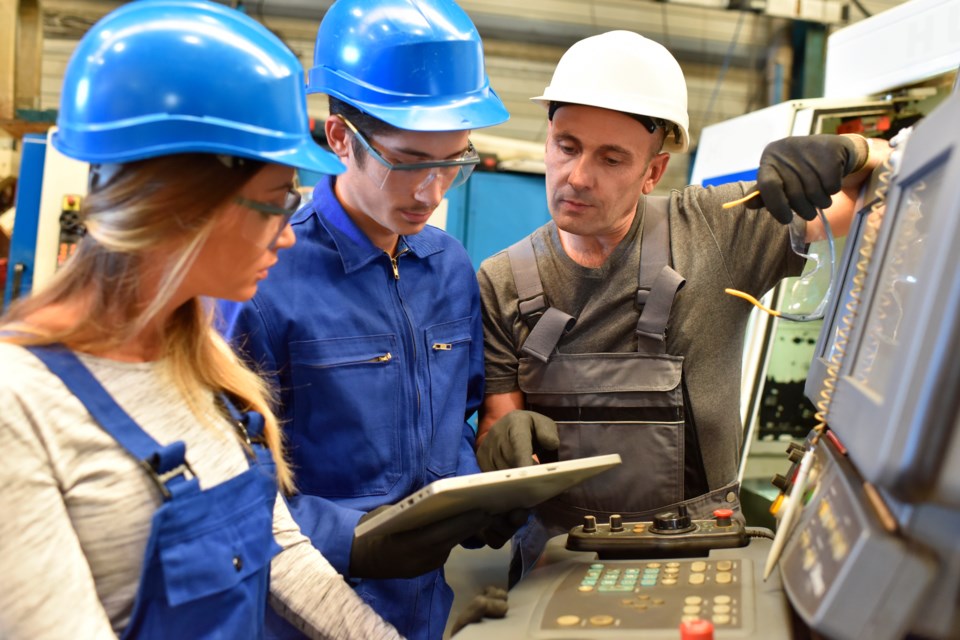Excellence in Manufacturing Consortium (EMC) is revolutionizing student work placements with its WILWorks Post Secondary Program. This initiative, funded by the Government of Canada, has supported over 4,700 students since 2020, injecting over $28 million into the manufacturing sector.
The WILWorks program provides up to $7,000 per placement, encouraging employers to create more student opportunities. The application process is straightforward and supported by EMC's dedicated team, ensuring both employers and students benefit from the seamless integration of academic learning and practical experience.
By participating in WILWorks, employers gain access to fresh talent, while students receive valuable industry exposure, enhancing their skills and employability. The program exemplifies EMC's commitment to fostering the next generation of manufacturing professionals and driving sustainable growth in the industry.
Hiring co-op students in manufacturing offers numerous benefits for employers and students alike. Here are some key advantages:
For Employers:
- Co-op students bring new ideas and innovative thinking to your workplace.
- Employers can evaluate and train potential future employees, reducing hiring risks.
- Students can contribute to projects and daily operations, boosting overall productivity.
- Co-op placements may be subsidized, like through EMC’s WILWorks Post-Secondary Program, making it a cost-effective way to add temporary staff today – and perhaps long term staff in the future.
- Participating in co-op programs demonstrates a commitment to education and community, enhancing your company's reputation.
For Students:
- Students gain hands-on experience, bridging the gap between academic knowledge and industry practice.
- Working in a professional environment helps students develop technical and soft skills.
- Students build professional connections that can be valuable for future career opportunities.
- Co-op experience makes students more attractive to future employers, enhancing their job prospects post-graduation.
- Many co-op programs provide financial compensation, helping students support their education.
Hiring co-op students creates a mutually beneficial relationship. Employers gain energetic and motivated workers, while students receive invaluable experience and career preparation. This collaboration fosters a strong, innovative, and skilled workforce for the future of the manufacturing industry.
For more information and to apply for funding, visit EMC's WILWorks page.

